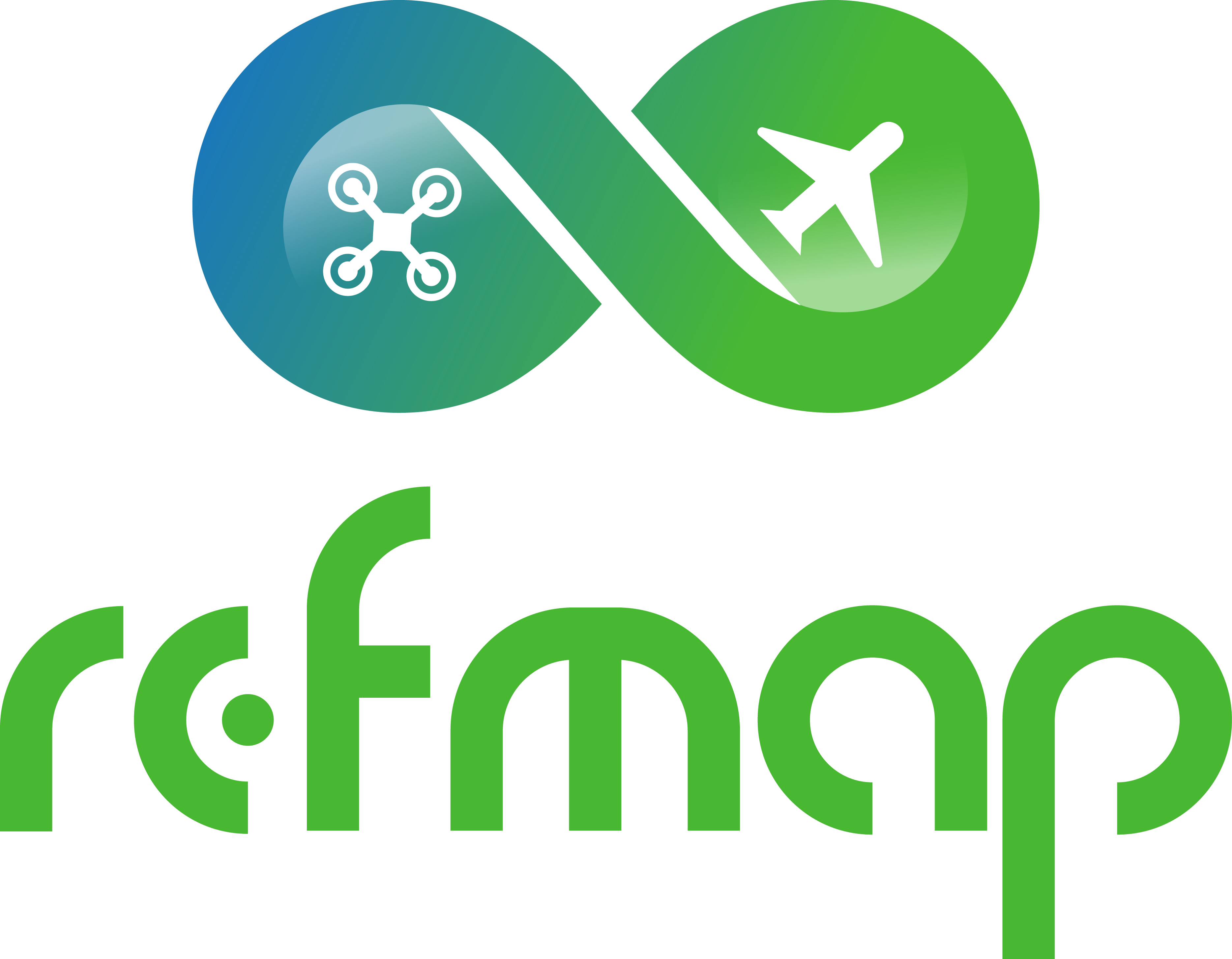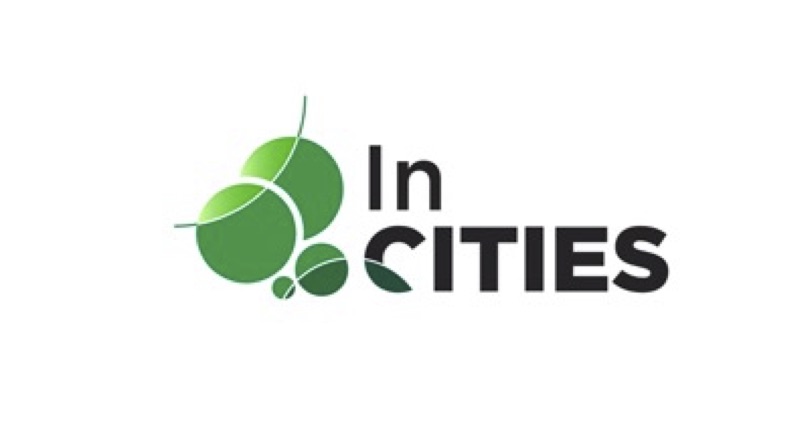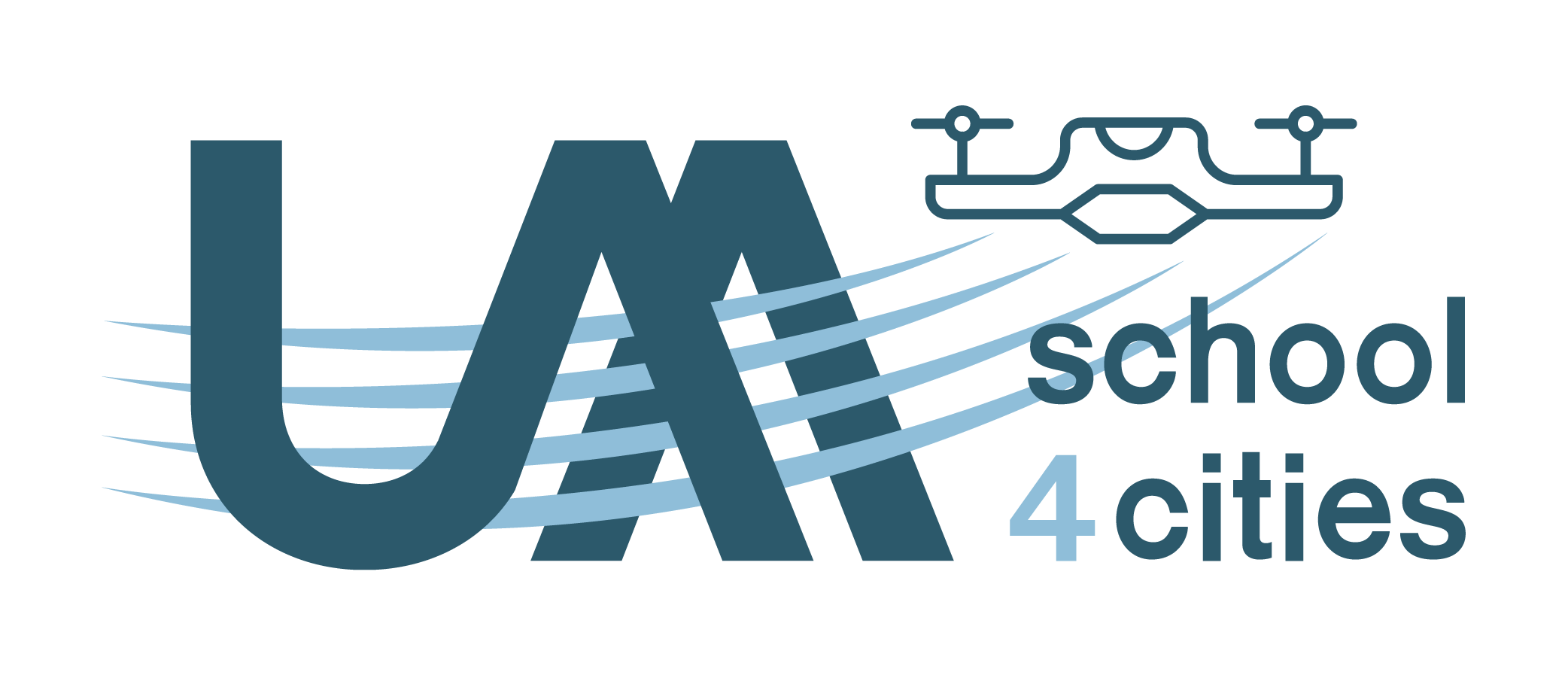Business Modelling Skills for Drone Entrepreneurs Erasmus + Priorities
Investigadora Responsável
To enhance SME competitiveness in the drone sector by developing a tailored business development curriculum, promoting youth entrepreneurship through innovative training and resources, and creating upskilling pathways via a comprehensive online platform, ultimately aligning with EU digital and green transitions.
Informação do Projeto
2025-12-01
2027-11-30
Parceiros do Projeto
- BRU-Iscte (Gestão) - Líder
- Future Needs - (Chipre)
- Instituto Pedro Nunes - (Portugal)
- European Progress - (Grécia)
- Spotin - (Grécia)
Impact and capacity Assessment Framework for U-space Societal Acceptance
Coordenadora Global
ImAFUSA focuses on quantifying a variety of understudied factors influencing societal acceptance of UAM in urban, peri-urban and inter-urban areas, especially when these are deployed using U3 and U4 services. The Project will deliver an “Impact and capacity Assessment Framework for U-space Societal Acceptance” (ImAFUSA) to assist Local Authorities and other U-space stakeholders and users with the delivery of socially acceptable and beneficial UAM deployment in cities. The framework and its tools will provide insights into 3 major areas influencing societal acceptance: environmental impact (including noise, visual pollution and air quality), safety and socioeconomic impact (including affordability, accessibility, economic development, public space use and connectivity). In each area, innovative performance indicators will be described while mathematical formulas and algorithms will be developed to quantify them. Data on citizen noise perceptions, perceptions of visual pollution, safety perceptions and overall UAM acceptance will be collected during 3 immersive citizen experiences of UAM applications in the city of Athens, Greece. The usability of the developed indicators will be tested in a simulation environment simulating real future use cases with a varying volume and configuration of movements in U-space.
Informação do Projeto
2023-09-01
2026-02-28
Parceiros do Projeto
- BRU-Iscte (Gestão) - Líder
- Future Needs - (Chipre)
- KTH - (Suécia)
- T.U. DELFT - (Países Baixos (Holanda))
- ICCS - (Grécia)
- AFT - (República Checa)
- EGALEO - (Grécia)
- USAL - Parceiro Associado (Reino Unido)
Reducing Environment Footprint Through Transformative Multi-scale Aviation planning
Coordenadora Local
The mission of RefMap is to develop a digital service aimed at quantifying the environmental footprints of air mobility for airliners and unmanned aircraft systems (UAS) at a "multi-scale" level, where single-trajectories (micro) and the flow traffic of multiple vehicles (macro) are optimised to minimise their environmental impact in a wide range of communities. RefMap investigates how the aviation business models will be affected by the availability of environmental data for each type and route of air vehicle, as this will enable stricter evidence-based Green policy making in the sector. This will be achieved via the development of the RefMap analytics platform processing environmental and weather data such as wind, noise, CO2 and non-CO2 emissions for both U-space and ATM. This platform will rely on a number of technical solutions, including numerical simulation, predictive models, and deep-learning methods. The latter will be used to construct accurate non-intrusive prediction frameworks and to optimize the trajectories of the various vehicles given the predicted flow conditions via deep reinforcement learning (DRL). These will enable the development of a new aviation business models aligned with EU’s Green Agenda.
Informação do Projeto
2023-02-01
2026-01-31
Parceiros do Projeto
- BRU-Iscte (Gestão)
- KTH - Líder (Suécia)
- T.U. DELFT - (Países Baixos (Holanda))
- AFT - (República Checa)
- Future Needs - (Chipre)
- UC3M - (Espanha)
- S[&]T - (Países Baixos (Holanda))
- ICCS - (Grécia)
Agricultural Drone Technology Awareness Training for industry Professionals
Coordenadora Local
The AgroPro project aspires to provide the agriculture professionals acquaintance with the available airborne technology & software as well as with UAV international legislation & regulations. The acquaintance with mission planning & the available open source and commercial tools.
Informação do Projeto
2022-12-30
2024-12-29
Parceiros do Projeto
- BRU-Iscte (Gestão)
- AUA - Líder (Grécia)
- Iscte - (Portugal)
- Future Needs - (Chipre)
- Casa do Joa - (Portugal)
- IH - (Grécia)
Rede de Excelência de Viticultura Inteligente e Sustentável Assistida por Drones
Coordenadora Local
The aim of the SmartVitiNet project is to (a) scale-up, pilot and bring to the market an innovative holistic phytosanitary and plant protection system based on the use of unmanned aerial vehicles, new observational platforms and new ready to use sensors, and (b) establish a Competence Center for Precision Viticulture. The proposed research will utilize complementary knowledge, experiences and infrastructure of all partners to achieve the proposed innovative results. The sustainability of the undertaking will be ensured thanks to the establishment of the Competence Centre for Precision Viticulture which aims to upskill sector professionals, create expert networks, facilitate permanent flows of knowledge transfer between academia, innovative SMEs, viticulture professionals and regional authorities to increase sector competitiveness, while enacting EU environmental policies, reducing sector health impact and risks of food pollution.
Informação do Projeto
2022-12-01
2025-11-30
Parceiros do Projeto
- BRU-Iscte
- IT-Iscte
- AUA - Líder (Grécia)
- Future Needs - (Chipre)
- HDRON - (Grécia)
- Dronint - (Chipre)
- Casa do Joa - (Portugal)
- ALMADESIGN - (Portugal)
- Ramilo Wines - (Portugal)
- Agroecologia - (Grécia)
- AWC - (Portugal)
- WALTR - (França)
Trailblazing Inclusive, Sustainable and Resilient Cities
Investigadora
O projecto InCITIES foca-se nas cidades do futuro: resilientes, sustentáveis e inclusivas. Este projecto é financiado pela Comissão Europeia, através do Programa Quadro Horizonte Europa, lançado, no contexto da European Excellence Initiative.
InCITIES promove e desenvolve iniciativas no âmbito da investigação, do ensino e no relacionamento com a sociedade envolvente.
InCITIES reflete os desafios globais europeus para as cidades do futuro abordando quatro objetivos:
Mapear estratégias de transformação institucional para universidades baseadas em investigação, progressivamente mais sustentável, incrementando a ciência aberta e oportunidades de carreira,
Fortalecer uma rede de longo prazo das instituições de ensino superior e de investigação participantes e os ecossistemas circundantes com base em hubs integrados de conhecimento,
Aumentar a capacidade científica, tecnológica e de pessoal, partilhando as melhores práticas pedagógicas, de pesquisa, de gestão e administrativas no consórcio,
Promover as competências digitais, criando uma plataforma de educação aberta e inovadora em sinergia com a agenda de investigação, desenvolvimento e inovação do projecto, com foco nas cidades inclusivas, sustentáveis e resilientes.
Os parceiros do consórcio representam universidades de cinco países (Portugal, Eslováquia, Finlândia, França e Alemanha), que asseguram as competências e os conhecimentos relevantes para a implementação do projecto.
Além do Iscte, o consórcio integra os seguintes parceiros universitários: Universidade de Zilina (Eslováquia), Universidade de Ciências Aplicadas de Colónia (Alemanha), Universidade Gustave Eiffel (França) e Universidade de Ciências Aplicadas Laurea (Finlândia).
Os parceiros associados do projecto são: Área Metropolitana de Lisboa, União das Vilas e Cidades da Eslováquia, Mobilidade Inteligente da Eslováquia, Confederação Portuguesa do Voluntariado, Confederação Portuguesa das Colectividades de Cultura, Recreio e Desport...
Informação do Projeto
2022-10-01
2025-09-30
Parceiros do Projeto
- Iscte - Líder
- TH KOLN - (Alemanha)
- LAUREA - (Finlândia)
- UNI EIFFEL - (França)
- UNIZA - (Eslováquia)
Urban Air Mobility School for Cities
Coordenadora Global
Over the past few years, civil applications of Drones or UAVs (Unmanned Aerial Vehicles) technologies have been transitioning from purely industrial applications to commercial ones and their impact on transport operations can no longer be ignored. The concept of Urban Air Mobility (UAM) has been coined to describe a new type of air traffic at very low altitude. Despite the readiness of the technology, the multidisciplinary employee teams of Local Authorities are not prepared for its integration in transport plans. There are no Training Programs for employees of Local Authorities to cultivate the required knowledge and skills to manage UAM, especially from the position of authorising, implementing and controlling UAM operations. Previous experience of Local Authorities with innovative transport services has indicated that early engagement and training of employees constitutes a key factor for the efficient integration of new technologies in transport systems.

 English
English






